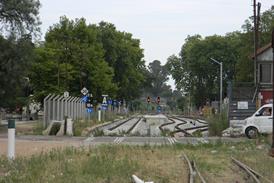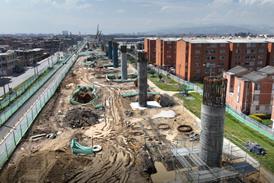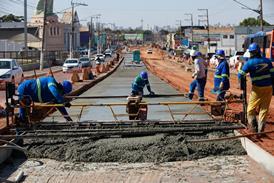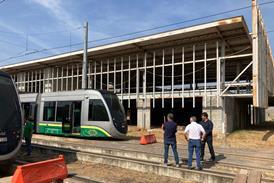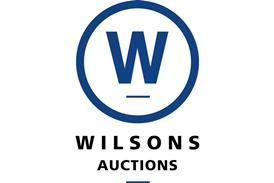THE LAST month has seen furious activity in Britain as the industry struggles to keep pace with constant change. A ’Rail Summit’ attended by Deputy Prime Minister John Prescott was scheduled for May 25, prompting many parties across the industry to try and demonstrate that they were pulling their weight.
Among the more significant developments was an announcement by rolling stock leasing company Angel Trains on May 24 that it had placed a £90m order with Siemens for 25 four-car Desiro trainsets, with options for 500 cars. At this stage there is no lessee in place, but the units are destined to replace trains formed of MkI rolling stock which cannot legally remain in service after December 31 2002 unless fitted with devices to limit one underframe riding over another.
Also of note is a ruling by the Shadow Strategic Rail Authority to put proposals for a high speed line to northern Britain (RG 4.00 p217) on a back burner while more studies are carried out. Selection of a preferred bidder for the InterCity East Coast franchise on the existing route is expected to be completed ’by July’.
The SSRA’s refranchising process is forging ahead, and there were some surprise bidders for the second batch of three replacement franchises announced on April 19. South West Trains attracted interest from Netherlands Railways (which poses some interesting questions about subsidised national railways running ’private sector’ services in other countries), as well as Group 4, which specialises in running prisons under contract. Other bidders were the incumbent Stagecoach, Connex, GNER Holdings and FirstGroup. For the newly-drawn Trans-Pennine Express franchise budding franchisees included Arriva, FirstGroup, Virgin, VIA GTI, Connex, GNER, Serco and Group 4. National Express and Group 4 submitted bids for the Central Trains franchise.
May 11 saw the Confederation of British Industry, the Freight Transport Association and the Rail Freight Group join train operators English Welsh & Scottish Railway, Freightliner and GB Railways in the launch of a campaign to promote investment in the rail freight industry. EWS published its own wish-list of projects and enhancements, which it estimates would cost £5bn. The company says this ’pales into insignificance’ compared to ’social and environmental benefits of existing volumes of freight by rail, estimated at £750m per annum or £7·5bn over 10 years.’ Around £2·7bn would be needed for capacity enhancement, £865m for loading gauge enhancement, £526m for running longer trains, nearly £300m for heavier axleloads, and £228m would be spent on electrification.
Meanwhile, Railtrack has begun installing the Train Protection & Warning System at 11000 ’key signals’ across the network at a cost of £330m. For more details read Rail Business Intelligence. Call +44 1444 475 630 to subscribe.

